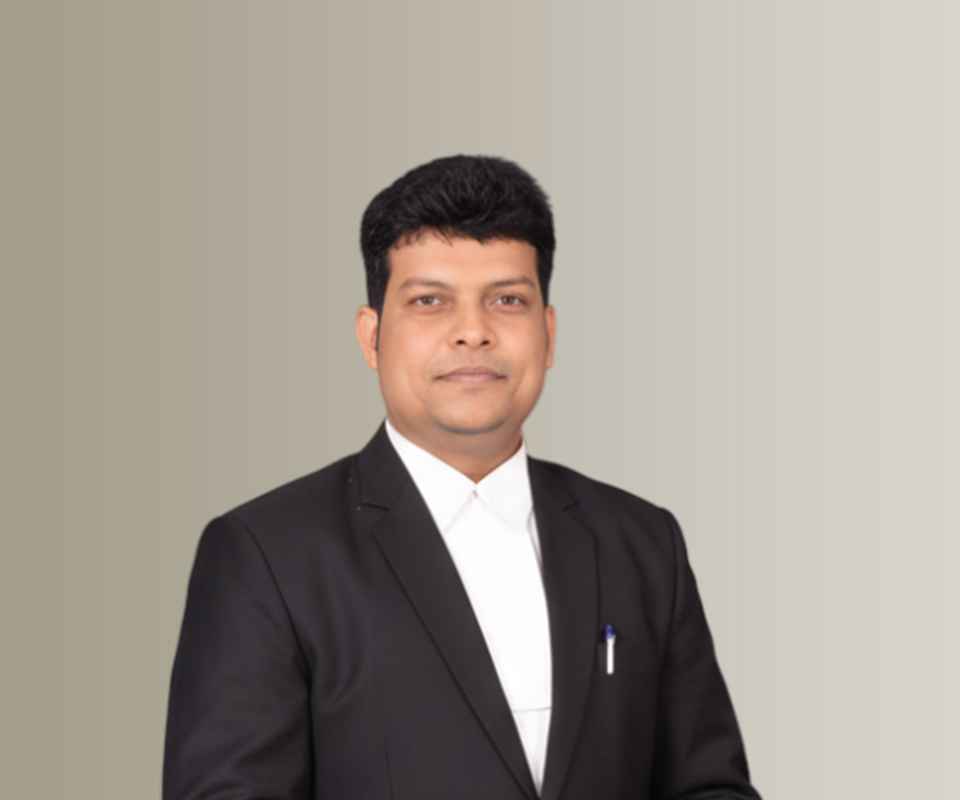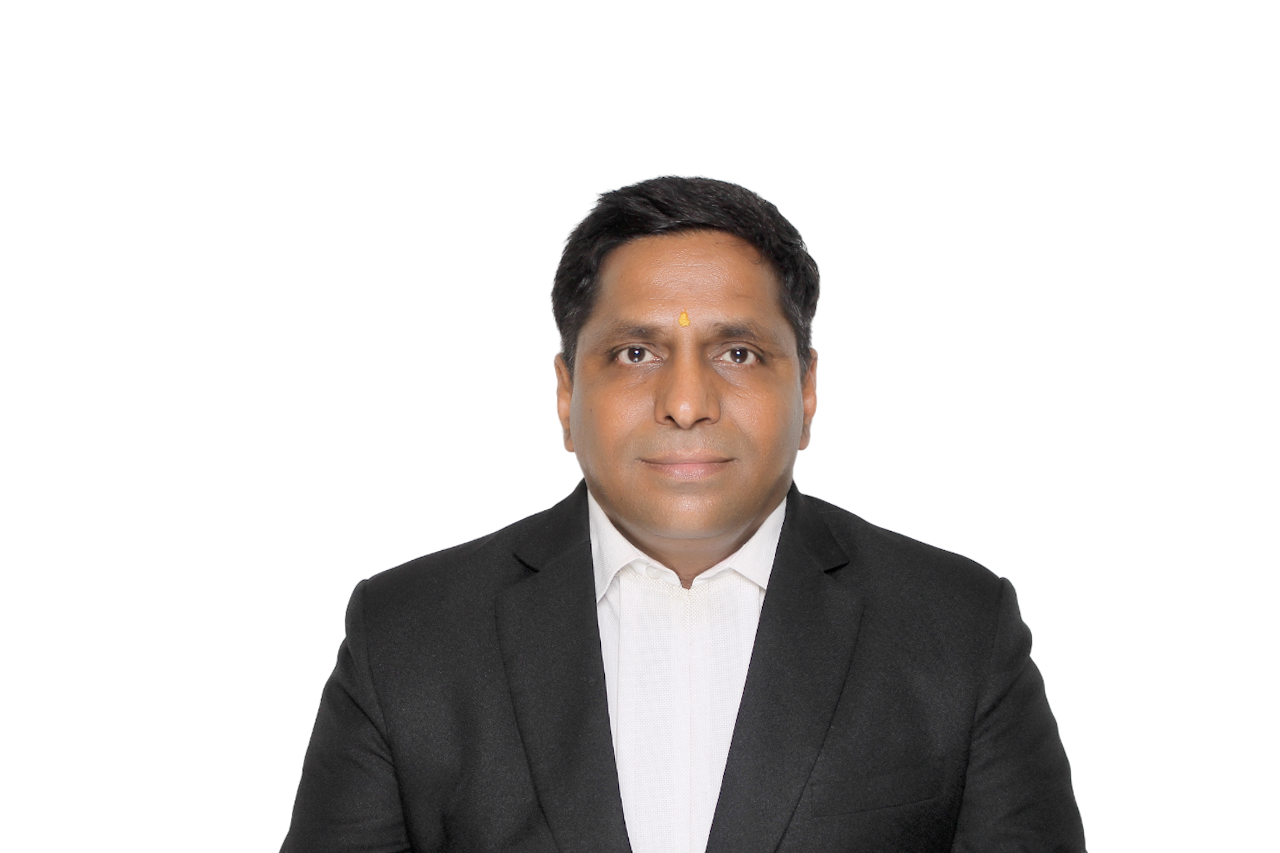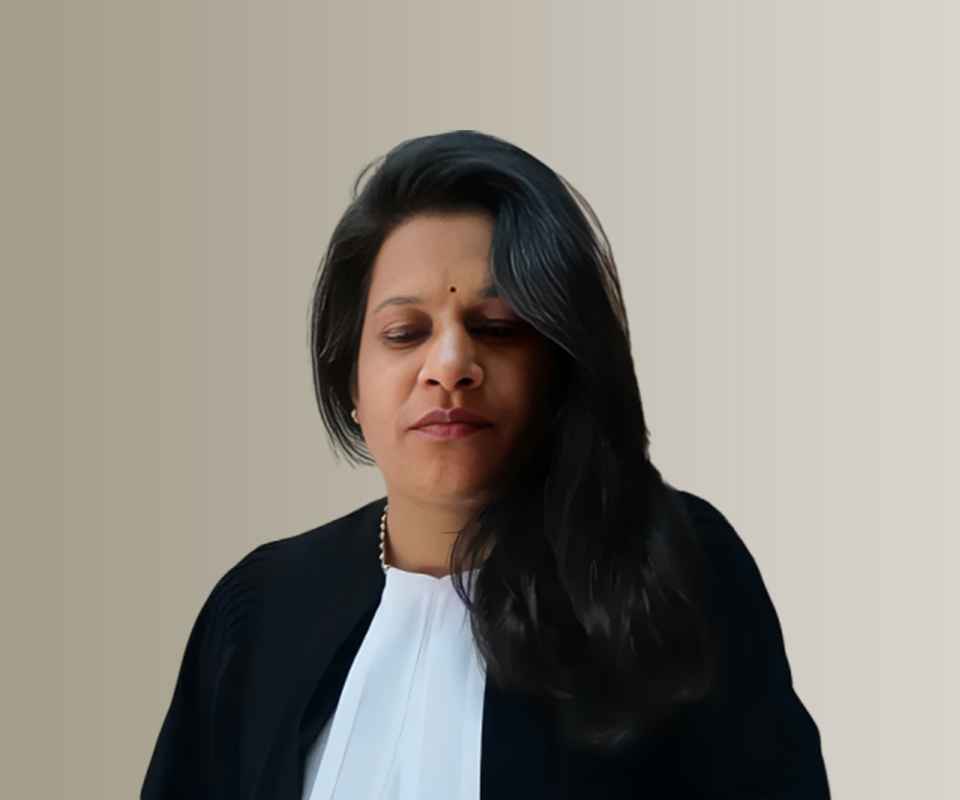Answer By law4u team
Professional negligence and general negligence both involve a failure to meet a standard of care that results in harm or injury. However, the main distinction lies in the context in which the negligence occurs, the standard of care applied, and the type of individuals involved.
Key Differences:
1. Duty of Care:
- Professional Negligence: Involves professionals (such as doctors, lawyers, accountants, architects, etc.) who are held to a higher duty of care due to their specialized knowledge, training, and expertise. These professionals have an obligation to exercise the skill and competence expected of someone in their specific field.
- General Negligence: Refers to the failure of an average person (who does not hold a professional qualification) to act in a way that prevents harm to others. The duty of care in general negligence is based on what a reasonable person would do in the same situation.
2. Standard of Care:
- Professional Negligence: The standard of care for professionals is based on the norms and practices of the particular profession. A professional is expected to meet the standards set by professional bodies, regulations, and industry practices. This is often a higher bar compared to general negligence.
- General Negligence: The standard of care is based on what an ordinary, reasonable person would do in similar circumstances. There are no specialized standards, but rather an expectation that individuals will act with common sense to avoid foreseeable harm to others.
3. Type of Individuals Involved:
- Professional Negligence: Involves individuals who have specialized training and are considered experts in their field. These can include healthcare providers, legal advisors, engineers, and other skilled professionals. They are required to perform their duties with the level of competence that can reasonably be expected of someone with their qualifications.
- General Negligence: Involves ordinary individuals who may be performing everyday activities without any specialized expertise. For example, a person causing a car accident by not paying attention while driving is committing general negligence.
4. Consequences of Breach:
- Professional Negligence: A breach of professional duty can result in claims for damages based on the harm caused by failing to meet the professional standard of care. Professionals may also face disciplinary actions by licensing or regulatory bodies.
- General Negligence: A breach of duty in general negligence may result in compensatory damages for any injury or loss caused by the failure to act reasonably. There is no requirement for professional qualifications, but the individual’s actions are still judged against the reasonable person standard.
Examples:
- Professional Negligence: A surgeon who makes a mistake during an operation by failing to follow the correct procedure may be guilty of professional negligence if it is determined that another surgeon with similar expertise would not have made the same error.
- General Negligence: A person who slips and falls in a grocery store because an employee failed to clean up a spilled liquid in a timely manner is a case of general negligence, as the store has a duty to maintain safe conditions, but no specialized skill is required to recognize and address the hazard.
In summary, professional negligence involves a breach of duty by someone with specific expertise or qualifications, held to a higher standard of care, while general negligence applies to everyday individuals whose actions are judged against the reasonable person standard. The consequences for both types of negligence can include legal action, but the level of responsibility and expectations differ greatly.







